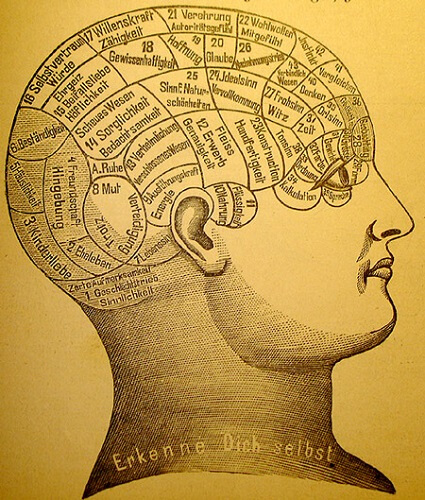Madness and Psychiatric Ethics: An Introduction to the Ontology and Ethics of Mental Health
Abstract: Michel Foucault’s “History of Madness” and then the “Foucault – Derrida” debate on the relation of madness and sanity before and after Descartes, was the occasion for this investigation.
In extension, this research focuses on the positions of modern psychiatry, and approaches the madness philosophically, not only as a social 'otherness', as a deviation from what we consider as normal, or as an “enemy” of the "castle" of sanity, but also as an opportunity to reset issues associated with the normality and the nature of what we call logic and what is called the Logos.
In fact, this thesis, is an introduction to the study of the philosophy of mental health. Tries to compose a picture of what is this we call “madness” and explore how an ontological theory can be valid in applied psychiatry ethics.
Specifically, the thesis, is divided in two parts:
The first part is an introduction to ontology of madness, considering:
[A] the relationship between theories of “Logos- logic – sanity” and madness.
[B] the relationship between theories of “ mind - soul” and Logos, and their impact on the historic transformation of the concept of madness and
[C] the relation of madness, regarded as "mental illness", with modern psychiatric theories and their doubtable diagnostic criteria.
The second part is an introduction to the ethical dimension of madness, approaching:
[A] the relationship 1) between Logos and Ethics and 2) between logical oriented Ethics and Law
[B] the evaluation of mental health patients as responsible - ethical personalities (and the role of moral philosophy in this evaluation, because today this is subject on psychiatry and the law).
[C] a valuation of normality applicable on practical ethics, and
[D] finally, how dilemmas on social attitudes, law and psychiatry ethics can be addressed from the perspective of applied ethics. Thus, the answers on questions like:
“when someone has the irresponsibility of his actions?”, “are there cases that involuntary confinement or involuntary treatment are justified acts?”, “when someone has the right to deny treatment”, “in which cases the doctor- patient confidentiality is inviolable?” etc., can acquire a particular platform on which a discussion on psychiatry ethics can be developed successfully.
It is notable that the mental health patients are the only persons on whom the right of deny treatment is not recognized on the grounds that they are not able to identify their interests and to decide about their health condition and their own “good”. This discrimination, however, may be the edge of a slippery slope that leads on violation of human rights and further more to preventive repression or unintended "normalization" of people who deviate from the "desired" average and “normal”.
The complete book is in press and some selections will be posted in www.psyfiles.gr
Keywords: Mental health, Foucault, psychiatric ethics
Gounaris, A. (2007). Madness and Psychiatric Ethics: An Introduction to the Ontology and Ethics of Mental Health. Thesis of MSc Degree, PGPEP, NKUA. Retrieved February 4th, 2019 from https://alkisgounaris.gr/en/archives/madness-and-psychiatric-ethics/
Read full text in Greek


